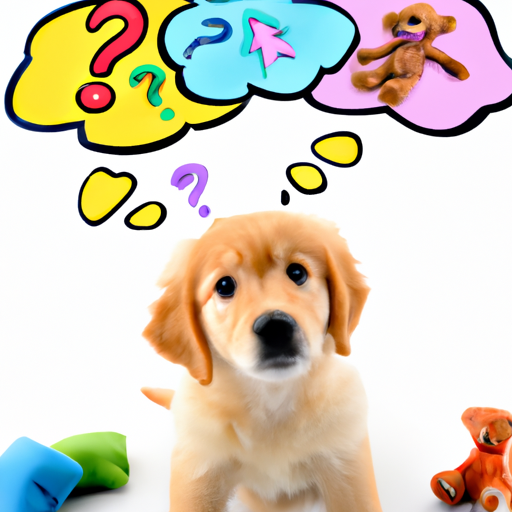Understanding Your Furry Friends
You are a caregiver, a nurturer, constantly seeking to understand and provide for the needs of those in your care. You notice the little things, like how your dog seems to have a particular fondness for stuffed animals. Why is that? Do dogs see stuffed animals as more than just toys? Let’s delve into the mind of your beloved pet and understand this intriguing behavior.
The Theory Behind the Love for Stuffed Animals
Dogs, like humans, are social creatures. They crave companionship and interaction. Stuffed animals can simulate the presence of another creature, providing comfort and companionship when you’re not around. They can also stimulate a dog’s natural hunting instincts, offering them a safe and harmless outlet for these instincts.
- Comfort: Dogs may cuddle with stuffed animals for warmth and comfort, similar to how humans might use a plush blanket.
- Companionship: When left alone, dogs can use stuffed animals as a surrogate for you or other pets in the house.
- Hunting instincts: Dogs have a natural instinct to chase and catch prey. Stuffed animals can serve as a safe and non-destructive outlet for these instincts.
The Psychological Aspects
Dogs, like many animals, can form attachments to objects. This phenomenon, known as “imprinting”, can often be observed in puppies who become attached to a particular toy or object.
- Imprinting: This occurs when a puppy forms a strong bond with an object during a critical period in their development.
- Security: The familiar scent of a favorite stuffed animal can provide a sense of security and comfort to a dog, especially in a new or unfamiliar environment.
- Play: Dogs are playful creatures and stuffed animals can provide hours of entertainment and engagement.
Choosing the Right Stuffed Animal for Your Dog
| Consideration | Explanation |
|---|---|
| Size | Choose a toy that is appropriate for your dog’s size. A toy that is too small could be a choking hazard, while a toy that is too large might be difficult for your dog to carry around and play with. |
| Durability | Dogs can be rough on their toys. Look for stuffed animals that are designed to withstand heavy chewing. |
| Safety | Avoid toys with small parts that could be swallowed, like buttons or beads. Also, look for toys that are non-toxic and free of harmful chemicals. |
FAQ
Q: Can dogs become too attached to their stuffed animals?
A: Yes, in some cases dogs can become overly dependent on their toys for comfort or stimulation. If this becomes a problem, consider rotating toys or encouraging other forms of play.
Q: Is it normal for my dog to destroy their stuffed animals?
A: Yes, it’s normal and can be a sign of a dog following their hunting instincts. However, if it becomes excessive, it might be a sign of anxiety or boredom.
Q: Should I replace my dog’s favorite stuffed animal if it’s worn out?
A: If the toy is still safe for your dog to play with, there’s no need to replace it. Some dogs actually prefer their toys a bit worn in. However, if it’s become a safety hazard, it’s time for a new one.
So, now you know. Your dog’s love for stuffed animals is part instinct, part comfort, and part play. And it’s just one more adorable trait that makes them man’s (and woman’s) best friend.



